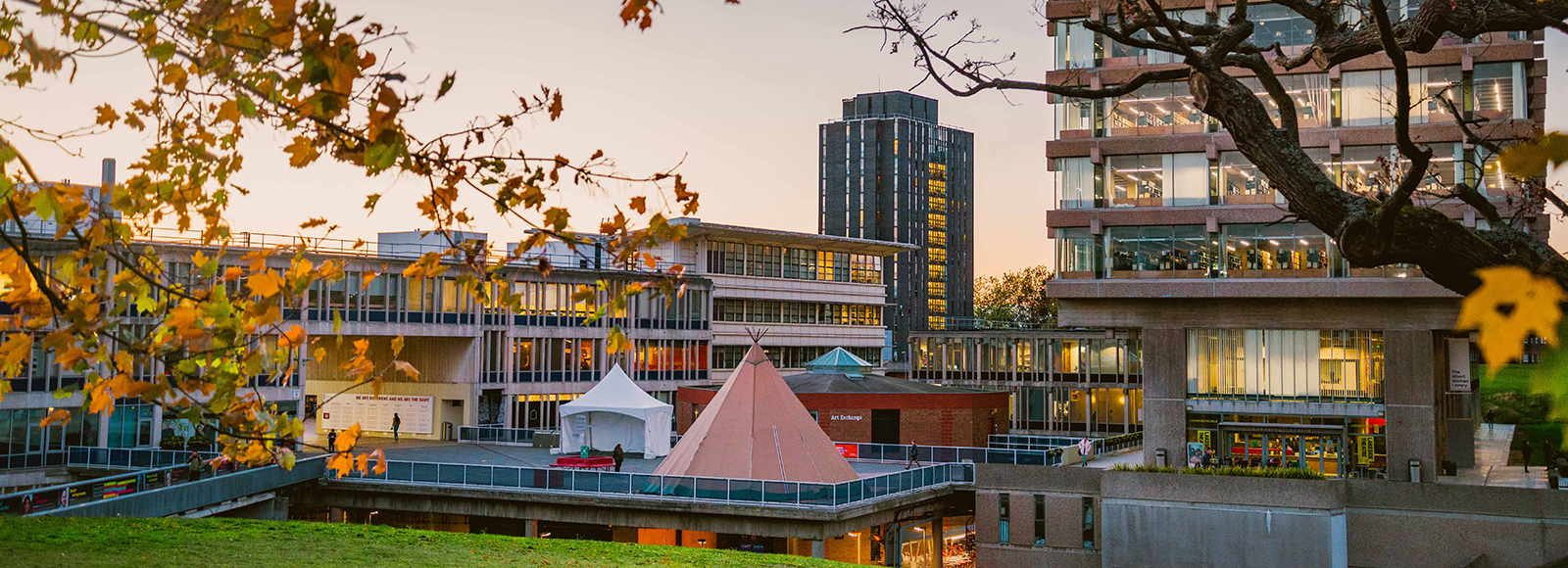- ...
Postgraduate Studentships - Search for funding opportunities.
Postgraduate Studentships - Search for funding opportunities.
Molecular medicine is transforming the way we understand and treat human diseases, from cancers to neurodegenerative disorders. Combining contemporary medical studies with biochemistry and molecular biology, this rapidly advancing area creates a bridge between the subjects, and draws on other fields such as physics, chemistry, biology and medicine.
This course examines how normal cellular processes are affected by disease. You gain an understanding of the core foundations of molecular medicine, studying the topics most relevant to the real world, and how this science may be used in the prevention, diagnosis, and treatment of diseases.
You learn about and appraise the approaches that can be used to address global health problems, including cancer as well as genetic and infectious diseases. The foundations that support investigations of molecular disease mechanisms and the search for new diagnostic tools and treatments will be laid, as you explore topics including:
The course has a very high proportion of practical work that provides valuable experience for your career. Our research-led teaching is continually evolving to address the latest challenges and breakthroughs in the field. Therefore to ensure your course is as relevant and up-to-date as possible, your module structure may be subject to change. Your research project will immerse you in a research environment, allowing you to conduct your research alongside our expert academics and PhD students in shared labs.
Two-thirds of our research is rated “world-leading” or “internationally excellent” (REF 2014), and you learn from and work alongside our expert staff.
We will consider all applicants with 2:2 or above, or equivalent international qualifications. For some courses, there may be additional requirements which can be found on our website.
For fees and funding options including scholarships available please visit website to find out more
Contribute to a growing industry and gain the skills and knowledge to pursue a career in biomedical research and industry, or continue your studies further in postgraduate science and medical degrees.
Advances in molecular medicine will continue to drive growth of new services and products in health care, biomedical and pharmaceutical organisations and companies, and our graduates are well placed to take advantage of employment opportunities in the life science, biotech and pharmaceutical industries and hospitals.
Many of our Masters students progress to study for their PhD, and we offer numerous studentships to support our students in their studies.

Founded by Sir Albert Sloman during the peak of the counterculture, the University of Essex was built to be “a new kind of university…where research r...
Sign up to Postgraduate Studentships
Sign up to compare masters
Thanks for making your selection. Click below to view your comparisons.